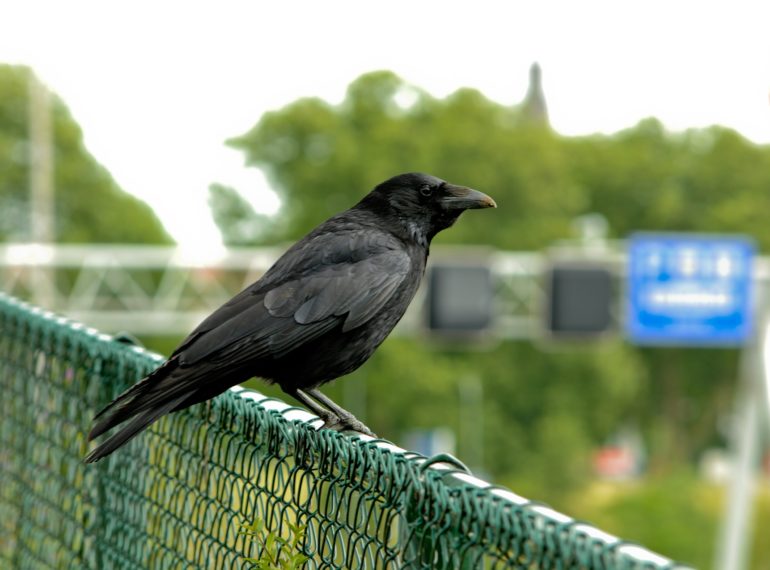Before our summer AmeriCorps member Grace Gorant’s time with us expired, I asked her to reflect on what she had learned from her time with us. Below are her thoughts which I found quite insightful and poignant.
As I’ve been working with Wyoming Wildlife Advocates this summer, I keep asking: “Why bother?” The dynamic of change is skewed towards governments and corporate entities that are difficult to reach and who don’t care about the minutiae of the everyday. It’s easy to feel like the people in power don’t care, and if they don’t, why should we? Why put the effort into sending public comments or cutting the circles on a six-pack holder, if the ultimate power is generated by machinery too huge for individual action to slow down, when the overwhelming force of change seems outside our reach?
It’s been a weird thing serving Jackson Hole from my home in New Jersey. I don’t know if you’ve ever been to northeastern New Jersey, but it’s not a wild place. Sidewalks are neatly paved and lawns striped light-green from frequent mowing. Every now and then you’ll see a few disoriented suburban deer traipse across the lawns of a mansion, but the tallest mountain is 1,800 feet and our population density is 1,200 people per square mile (the highest in the U.S.) and it shows. Wildlife, in general, doesn’t get much thought. Why would it? When the wild spaces are wiped out of the forefront of one’s vision, it’s hard to keep them in one’s mind as well. No one here thinks about conservation and it’s not because no one cares, or because no one likes animals, or because no one is educated on what it takes to keep ecosystems alive and the world healthy. It’s because without an environment that reminds and reinstates, without the natural world being a visible part of one’s life, the whole thing can be forgotten.
We talk about change on the large scale — about the policy changes that need to take place to keep wild spaces safe, or about the corporate projects that need to be redesigned if we are to maintain our environment. In these regards, our small actions are pretty meaningless, and the little things we do can feel pointless. But the big policy changes cannot happen without cultural change — and culture comes from all of us. Every action we take enforces the role of and the importance of the environment in our culture. If you leave your book on your pillow every day, you’re going to finish it faster than if you put it in the closet, just because it’s there and it’s urging you to think and care. And if all your friends are reading, you’re going to pick up a book too.
We need to practice conservation in all forms in order to keep honoring and treasuring the natural world. Like old stories, our national parks can feed us wonder and joy. If we lose these spaces, what do we have? How do we remember to practice balance and harmony? How do we remember the potential the world holds? When all the animals and the trees are gone, who will remind us to think beyond ourselves?
Our young people are concerned for the world they will inherit and wonder what a world without nature holds for them. They understand what needs to happen. Don’t we owe it to them to at least try to make the future more sustainable?
The point that Grace raises of changing the culture to create lasting change couldn’t be more true. Each single act creates a chain of events that can make ripples that reach far beyond the immediate effects. As populations become increasingly urban, it is up to all of us who live in places with wide open spaces to teach those living isolated from nature. All of humanity is reliant upon healthy, functioning ecosystems. Whether you live in a high-rise skyscraper in New York City or on a farm in Cody, Wyoming, we all share the same set of physical needs like clean water, clean air, and healthy food. We can only have those things if we are dedicated to preserving our environment which begins with us all doing a little something.
–Kristin Combs, Executive Director

